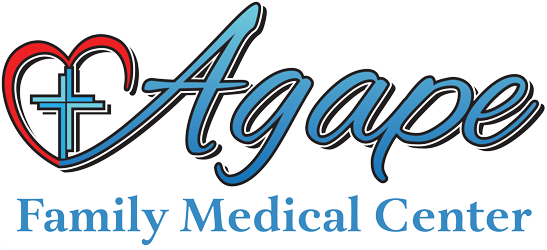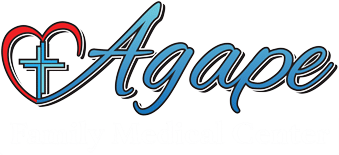Health Equity: Bridging the Gap in Medical Center Services

In an ideal world, healthcare would be accessible, affordable, and equitable for all. Unfortunately, this is often not the case, as disparities in healthcare access and outcomes persist, particularly among marginalized communities. Achieving health equity is a paramount goal, and a significant step towards this objective involves bridging the gap in medical center services.
Understanding Health Equity
Health equity can be defined as the absence of avoidable, unfair, or remediable differences in health among different groups of people. It means that everyone has the opportunity to attain their highest level of health. However, in reality, many factors contribute to health disparities, including socioeconomic status, education, geographic location, and cultural background.
When we talk about bridging the gap in medical center services, we’re addressing the need to provide fair and just opportunities for health, focusing on improving the quality of healthcare services and ensuring that these services are accessible to all individuals, regardless of their circumstances.
The Current Landscape
In many parts of the world, including developed nations, disparities in healthcare access and outcomes persist. Vulnerable populations often face challenges in accessing healthcare facilities, receive inadequate medical attention, or encounter biases within the healthcare system.
For instance, certain ethnic and racial groups may experience higher rates of chronic diseases due to various socio-economic and cultural factors. Additionally, rural communities often lack access to comprehensive medical services, resulting in delayed diagnoses and treatment.
Factors Contributing to Disparities
Several factors contribute to disparities in medical center services:
- Socio-economic Factors: Income level, employment status, and educational attainment significantly influence a person’s ability to access healthcare services.
- Geographic Location: Rural areas often have a shortage of healthcare facilities and professionals, limiting accessibility and quality of care.
- Cultural Competence: Understanding and respecting diverse cultural backgrounds is crucial to providing effective healthcare services. Cultural competence ensures that care is tailored to individual needs.
- Healthcare Policy and Legislation: Government policies and healthcare laws play a vital role in shaping access to medical services and can either exacerbate or alleviate disparities.
Bridging the Gap: Strategies and Solutions
1. Enhanced Community Engagement
Engaging with local communities to understand their unique needs and challenges is crucial. Medical centers can collaborate with community organizations to provide outreach programs, health education, and free health screenings.
2. Improving Cultural Competence
Medical professionals should receive training in cultural competence to understand and respect the diverse backgrounds and beliefs of patients. This can lead to improved patient-doctor communication and better health outcomes.
3. Telemedicine and Technology
Leveraging telemedicine and technology can bridge the gap in healthcare access, especially in remote areas. Virtual consultations and remote monitoring can ensure that individuals receive timely medical attention.
4. Policy Reforms
Advocacy for policy reforms that prioritize equitable healthcare access is vital. Policies that address socio-economic factors, healthcare funding, and equitable distribution of healthcare resources are essential for a fair healthcare system.
5. Education and Awareness
Raising awareness about healthcare disparities and the importance of health equity is crucial. Educational campaigns can empower communities to advocate for their health rights and make informed decisions about their well-being.
Bridging the gap in medical center services is a collective effort that involves healthcare professionals, policymakers, communities, and individuals. By addressing the root causes of disparities and implementing strategies to enhance healthcare access and quality, we can strive towards a healthcare system that prioritizes health equity and ensures a healthier future for all.
Agape Family Medical Center is here to support you every step of the way. Our commitment to exceptional care and patient satisfaction sets us apart.
Contact Us: 203-527-3576
Website: www.agapefamilymedicalcenter.com

